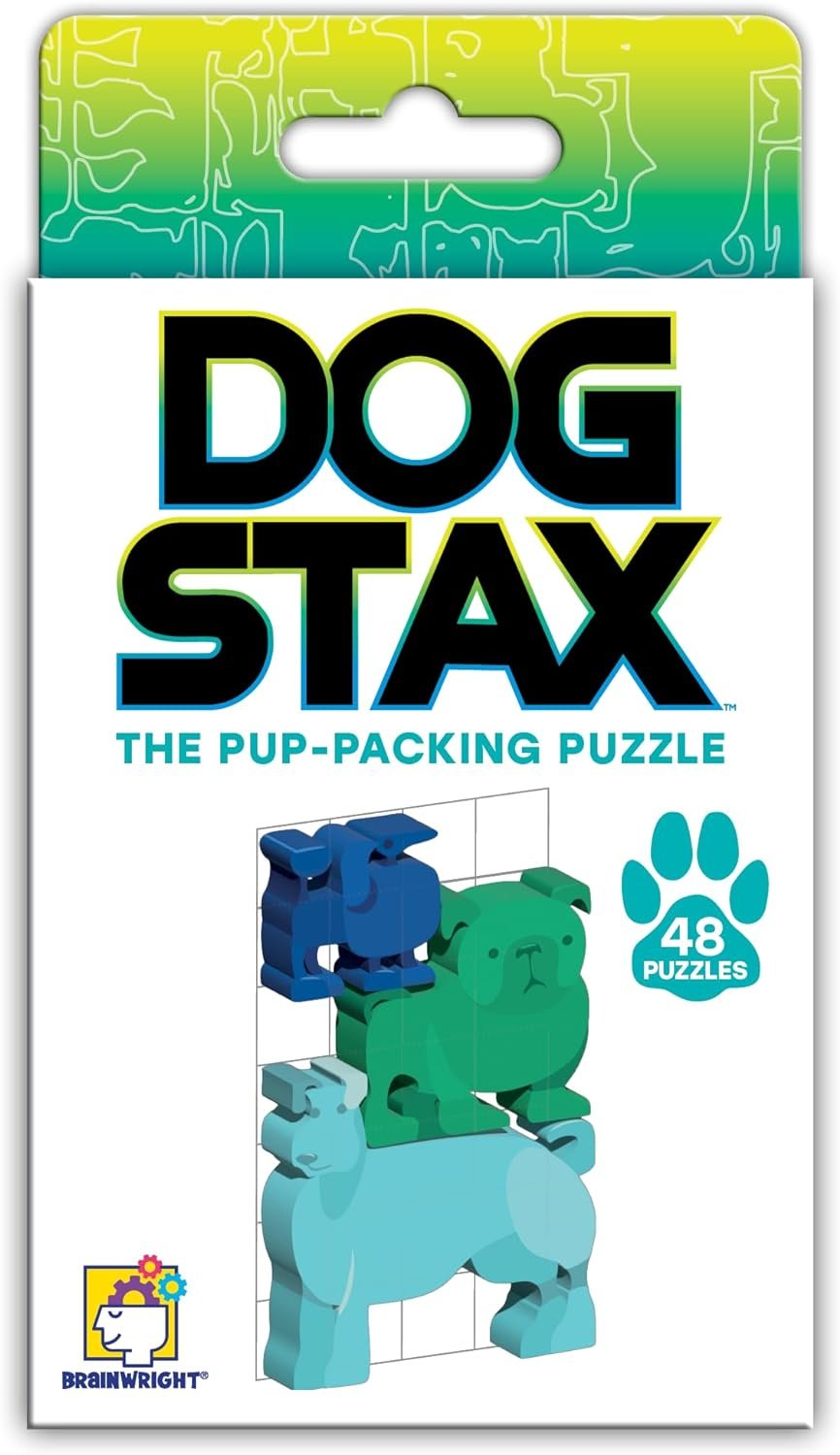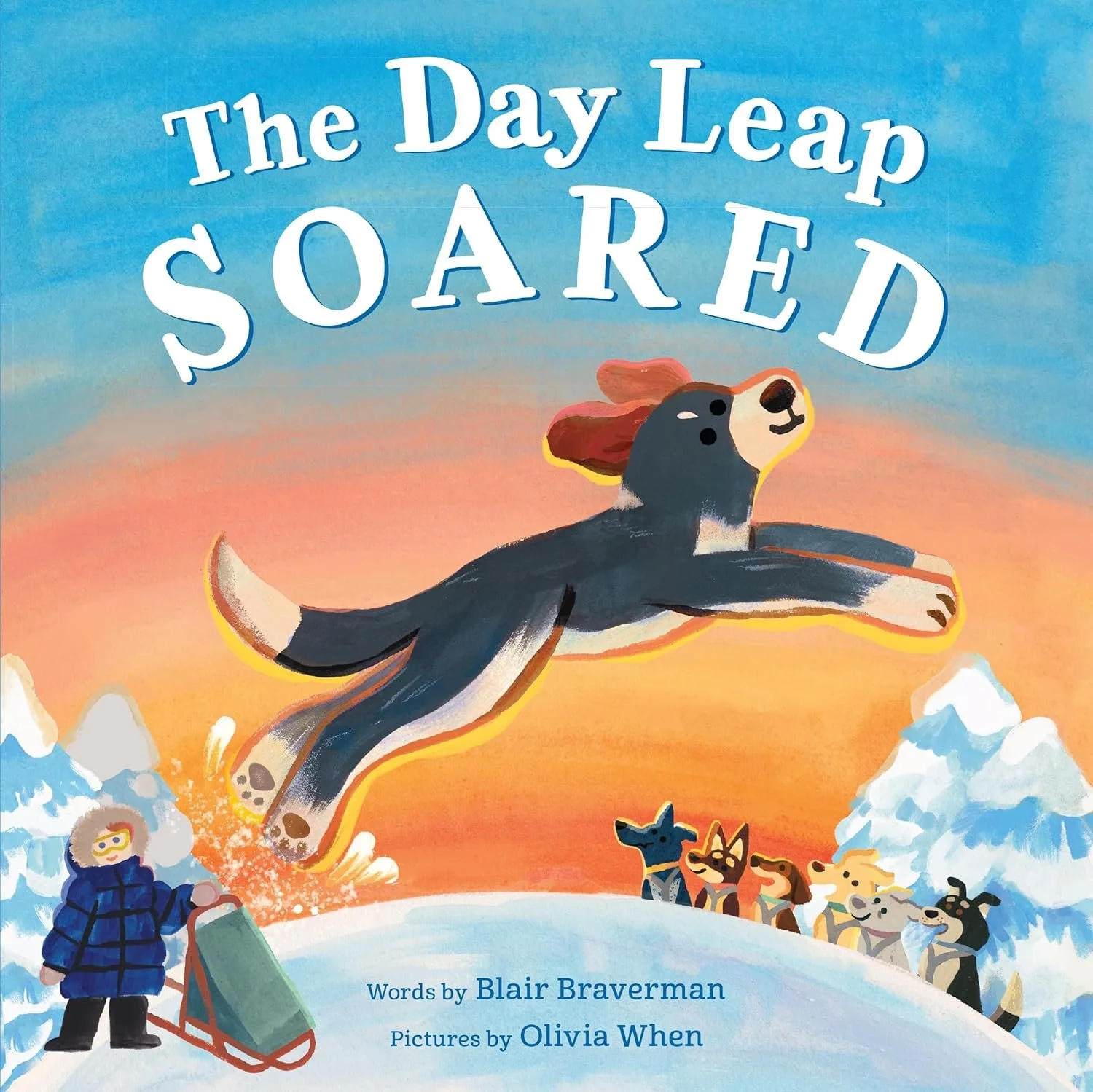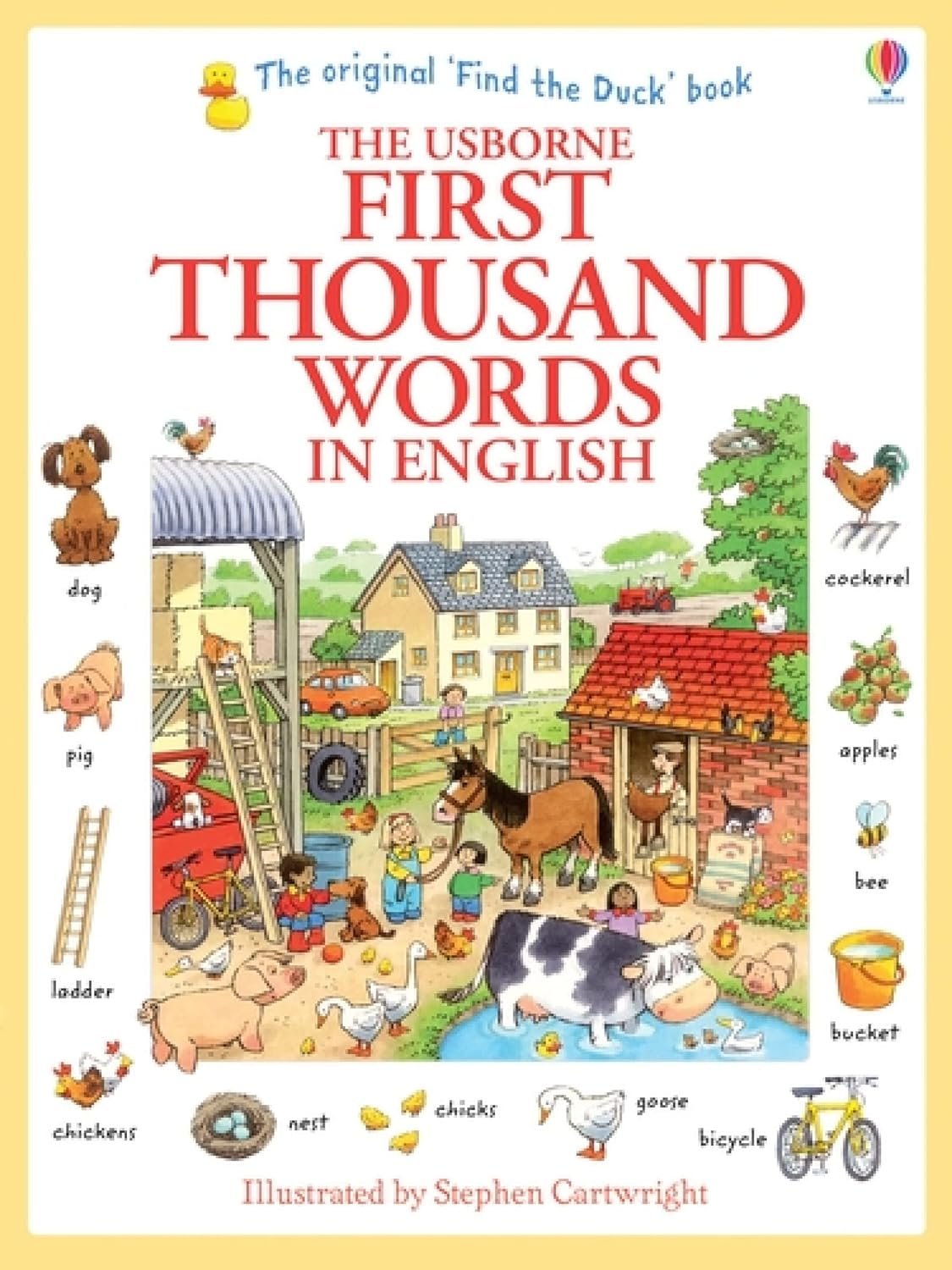
Animal-Related Engagement:
Books and Games for Kids
Need materials to use when your speech therapy dog can’t be there? Or just more ideas for activities to use in combination with animal-assisted therapy? Here are my favorites, along with suggestions for possible uses.
When you click a link, it’s likely an affiliate link and I will earn a small commission. It doesn’t cost you anything extra. If I haven’t personally used and love the product, you won’t find it here!
My favorite multi-purpose item! Large, weighted plush dog allows you to teach proper therapy dog etiquette to clients, add a sensory-regulating component to seated work, and incorporate when it’s not possible to have a live therapy dog present.
Bark, George! Repeating lines and engaging illustrations are great for cloze phrases and postvocalic /r/.
Diggin’ Doggies. Simple rules allow the focus to be on telling the dogs to go __ “spaces” then “sniff” or “smell” the bone for s-clusters. Also great for basic turn-taking and color concepts.
Where’s Spot? Interactive lift-the-flap book for first words, animal sounds, asking “Is he…” or “Where’s___?” and answering yes/no.
Scaredy Squirrel Makes a Friend (and other S. Squirrel books). Discuss anxiety and calming strategies, identify unexpected and expected behaviors, and practice /sk-/ for in “scared” as Scaredy meets Buddy the dog.
Who’s Making That Smell? Knock on the doors for final /-k/, greet animals by name for 2 word combos, ask “Who?'“ or “What?”, and answer “where?” to find the duck and mouse hiding on every page. Pairs well with Who’s Making That Mess? and Who’s Making that Noise? for generalization.
Dogs. Easily adapted to make a cloze phrase to practice the alveolar/velar contrast in “dog” or describe dogs with “is" ___” phrases.
Wolf Won’t Bite! Repeating titular line allows practice with lip rounding for /w/ and word final /-t/ in this simple but engaging book.
Let’s Find…Momo young kids series. Less visual distractions and additional everyday items to find in addition to the dog make this ideal for pointing, answering “where?” questions, yes/no practice, and basic commenting.
Find Momo older kids series. More challenging photographs to find the delightful Border Collie in for answering “where?” questions, yes/no practice, and asking for help. Being a series allows for generalization.
Dog Dice. Make verb phrases, practice he/she pronouns, or articulate the velar/alveolar contrast in “dog” in a simple Bingo format.
The Napping House. Delightful illustrations and repeating text allows for first words with cloze phrases, “is” verb phrasing, /sl-/ for “sleeping.”
Fire Truck! Repeating text with accompanying song allows for first words in cloze phrases, practice with /f-/ and /tr-/, and opportunities to describe actions as a boy and his dog have adventures in a fire station. (Warning-you’ll never get the song out of your head!)
Always in Trouble. Retell Toby’s day using past tense verbs, practice sequencing words, and discuss growth mindset as Toby learns new skills.
Dog Pile. Use the dog tokens in this game for preposition activities, and practicing velars for colors+ “dog” (contains small pieces). Challenge yourself on breaks to the nesting puzzles included.
Dog’s Colorful Day. Repeated practice with s-clusters to describe each “spot” Dog accumulates, using plural -s, and preschool color and number concepts.
Wombat Walkabout. Practice “th” in “three” while counting the wombats as they are “snatched” by the dingo but then reunite . Answer “where?” by finding the dingo on each page. Explore context clues for new vocabulary.
The Trouble with Trolls. Tale of adventure for articulating /tr-/ blends, sequencing and retelling narratives, and irregular “has/have” verbs.
Snuggle Puppy. Repeating text allows for practicing “I love you” for /l/ or first words.
The Day Leap Soared. Charming illustrations give lots of practice discussing growth mindset and practicing verb tense/suffix “-s.” Jenga searches, Refried sings, Colbert eats—what will Leap’s talent be?
Dogs and Puppies: A Memory Game. Easy to hold cards great for bilabials (“mommy”, “puppy”), answering yes/no for matches, asking “Where is___?” or “Do you have__?”, marking syllables in breed names, and using word attack strategies to decode multisyllabics.
Good Dog, Carl. Wordless picture book allows opportunities to describe actions and practice sequencing words.
Carnivores. Perspecitive taking for older kids and lots of postvocalic /r/ opportunities as a wolf, shark, and lion decry being misunderstood.
Dear Zoo. Interactive lift-the-flap book for first words, animal sounds, and 2-word greetings with “hi____” or “bye_____”. Ends with a puppy as the perfect pet!
DK Eyewitness: Dog. Engaging full-color photos of dog breeds and dogs throughout history. Great for choosing words to break into syllables and other phonological awareness tasks for older kids.
If You Give a Dog a Donut. Lots of opportunities for describing actions with verb phrases, sequencing, and predicting.
The Detective Dog. A great waiting room read for sibling and caregivers about how dogs can be therapeutic for kids.
Little Helpers; Animals on the Job! A great introduction to how animals can provide assistance and support to humans with many different special needs.
Materials that pair well with active incorporation of a speech therapy dog:
Following Directions Fun Deck. Use to ask the therapy dog “Can you___?” for question syntax or initial /k-/. For an example, watch video clip here.
Stepping Stones. Therapy dogs can comfortably lie down or step on these soft foam stones that can be written directly on with permanent marker or by attaching a sticky note. Kids can read the stone to direct the therapy dog where to go while practicing sound-letter correspondences.
What’s In Ned’s Head? Easily adapt with manipulatives of your choosing to target specific phonemes. Click here to watch video clip of how to incorporate a speech therapy dog.
I Can Do That!…but can the therapy dog? Child can ask “Can you…?” to practice questions or the initial /k-/ sound. Treats can lure a therapy dog to go under/around/over the flexible “trick-a-ma-stick” for lots of shared enjoyment and movement!
And some more animal-related engagement materials, featuring animals other than dogs:
Llama Drama card game. Lots of /l/ practice with a card pack that can be easily simplified for Go Fish or Memory. Also great for forming questions such as “Do you have____?” Pair with Llama Drama Holiday Edition for added practice.
Is Your Mama a Llama? Repeating text provides more /l/ practice, asking “Is__?”, and rhyming for phonological awareness.
Grumpy Bird. Opportunities for repeating “is” verb phrases as kids describe the illustrations, contrasting “is” and “are”, and identifying what a character is looking at in this whimsically illustrated book. Pair with Boo Hoo Bird for generalization.
First Thousand Words. Rich illustrations are flexible to use in speech therapy. Find the duck hiding on each page, use the actions page for verb options playing games with a therapy dog, find the syllables in common words, and more!
Deer in the Headlights. Great for older school-age and teens needing generalization practice for /r/. Contact me for a free pre-made visual “cheat sheet” to simplify the memory load to better focus on the articulation.
Animalia. Word initial phonemes at your fingertips in this whimsical alphabet book with hundreds of words on each page to target a sound. Added fun of finding the little boy hiding in each picture.
Taco Cat Goat Cheese Pizza card game. Simple rules but fast-paced action make this game appealing for early school age through teens. Lots of practice with velars /k/ and /g/!
Pass the Pigs. Great for older kids working on /s/. Roll “snouters, stackers, standers, siders” and more to score points. Easily adapt the scoring to include all numbers that contain an /s/ (6, 7, 16, 17, etc.)
Where is the Green Sheep? Repeating text allows lots of repetitions of the titular line, plus two word phrases to describe different sheep. My favorite book for introducing “sh”.
Chill Chomp Chill. A book that addresses big emotions and sensory needs, with lots of “ch” opportunities. Pairs well with Crocodile Dentist game for saying “don’t chomp!”
Pop the Pig. Basic turn-taking, first words like “eat”, preschool color and number concepts, and use of the burgers as tokens while working hard on other activities. Preschool to high school, I haven’t met a kid yet that doesn’t like this game!
Shark in the Park. Repeated opportunities to declare “Shark!”. A whole series (Shark in the Dark, Shark in the Park on a Windy Day, and Shark in the Snow) allows generalization practice for “sh” or /-k/.













































